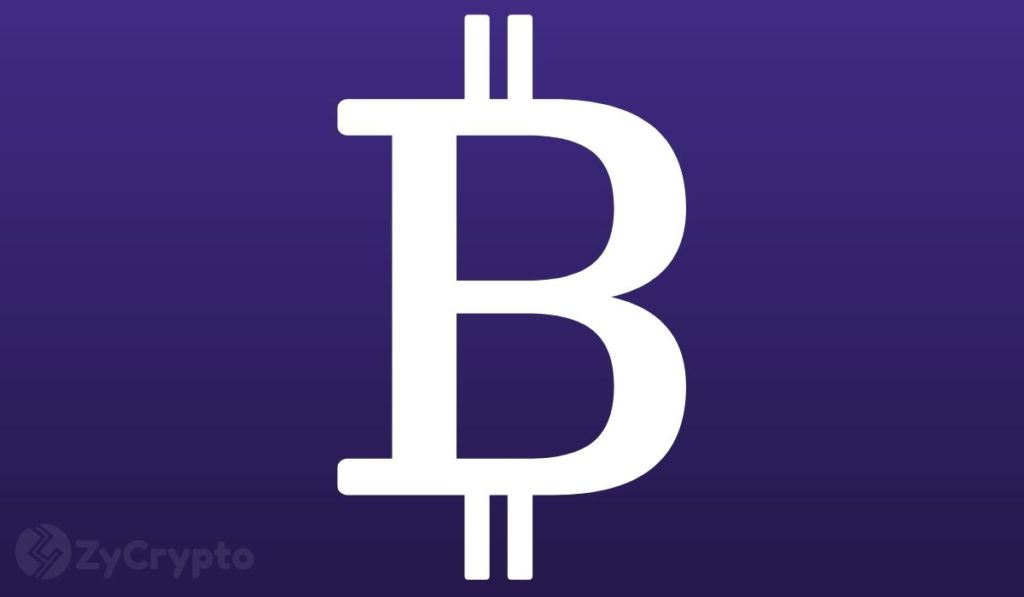
- Bitcoin has gone beyond being a mere asset to become an actual religion.
- Its benevolent founder and the promise of the paradise of a new financial system point to the fact that it has the trappings of a religion.
- Like every major religion, it faces the threat of being tainted by fanatics and extremists
It’s safe to assume that Bitcoin has morphed into being a religion within 12 years of its launch. Here’s why we think Bitcoin is a religion.
Satoshi’s Paradise
Every major religion traces its origin to a mystical founder. The Christians have Jesus, the Hindus have Buddha and Bitcoiners have “Holy” Satoshi Nakamoto to thank for their enlightenment. As with other religions, Bitcoin’s early disciples like Hal Finney, Gavin Andresen, and others learned at Satoshi’s feet. Slowly and steadily, the small community blossomed as early disciples began to propagate the gospel.
Every religion in the world looks to an end game. For Bitcoiners, it is the establishment of a new monetary system in the world. A system that is not clogged by third parties and intermediaries, and an inherently fair system. For some Bitcoiners, paradise is simply the spike in the value of their Bitcoin holdings. “Keep stacking sats” and “To the moon” form part of their sayings that keep the dream alive.
For holy texts, Satoshi’s Bitcoin Whitepaper is instructive and conversations in early Bitcoin forums offer adherents a glimpse into the minds of the prophets and his disciples. Furthermore, Bitcoin’s historical moments are celebrated yearly with pomp like January 3rd – the day the genesis block was mined and the famous Bitcoin pizza day.
Satoshi Nakamoto recently had his statue commissioned in Hungary and soon, thousands of pilgrims will begin flocking to the city to pay homage to their mystical founder.
Fanatics And Intolerance
Like every religion, extremism and fanaticism can be found in Bitcoin. The Bitcoin community has some of the most vocal critics of the current monetary system. Their scathing criticisms are straddling the thin line of fanaticism and rationalism
El Salvador’s decision to make Bitcoin a legal tender has been met with some criticisms. Bitcoin maximalists have cheered the government’s decision while turning a blind eye to the authoritarian nature of the adoption. The decision drew criticisms from Vitalik Buterin because it was against the ethos of blockchain technology.
Furthermore, the belief in Bitcoin’s total supremacy and the belief that all others are “shitcoins” has streaks of extremism. Bitcoin Maxis believe that in the last days, all other coins will go to zero but only BTC will be standing tall and proud. This bears similarities to all other world religions.
There is also the challenge of rigidity and strict adherence to the holy books in the face of contemporary challenges. This had led to some schisms leading to the development of forks such as Bitcoin Cash. Islam has both Sunni and Shia sects, Christianity has Catholics and Protestants while Bitcoin grapples with its rifts. No matter their side of the divide, all Bitcoiners hope to make it Satoshi’s heaven on the day of reckoning.





















